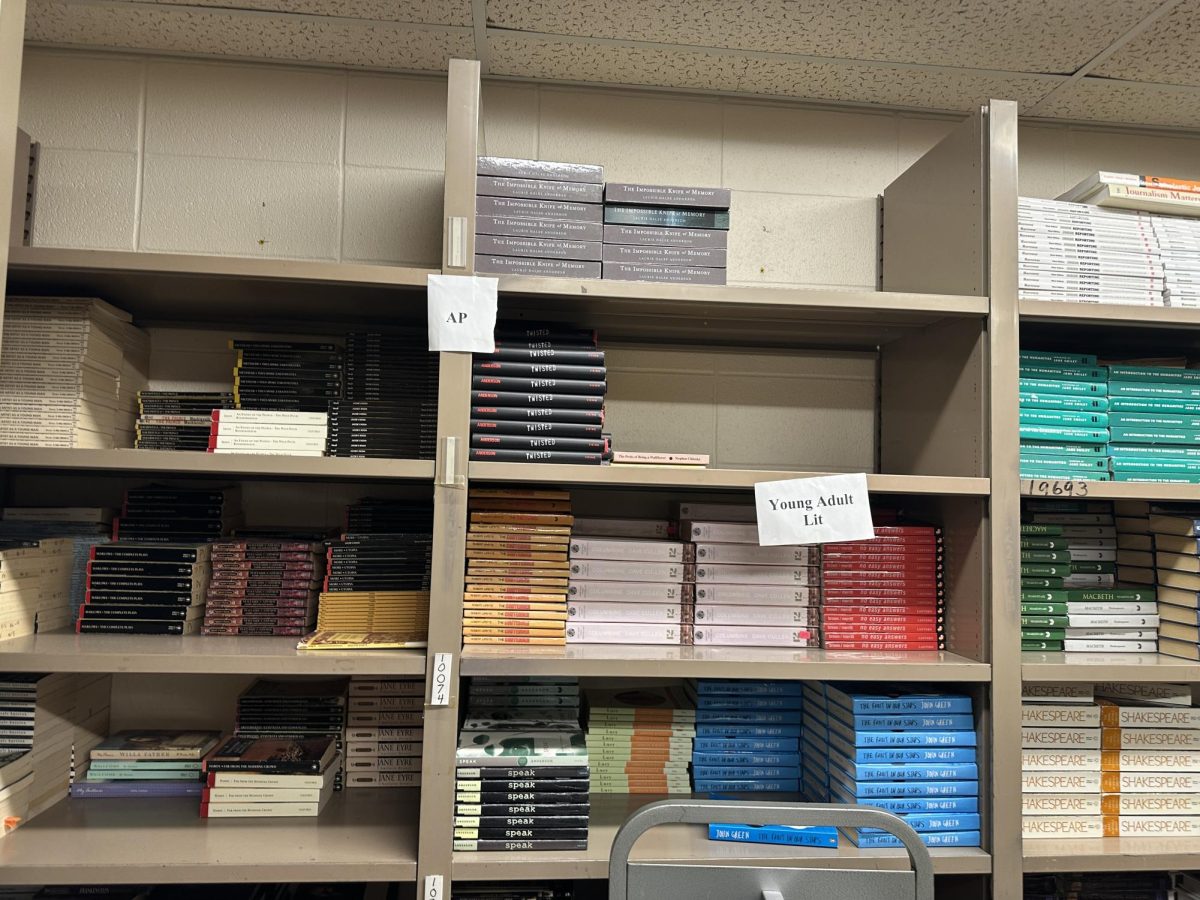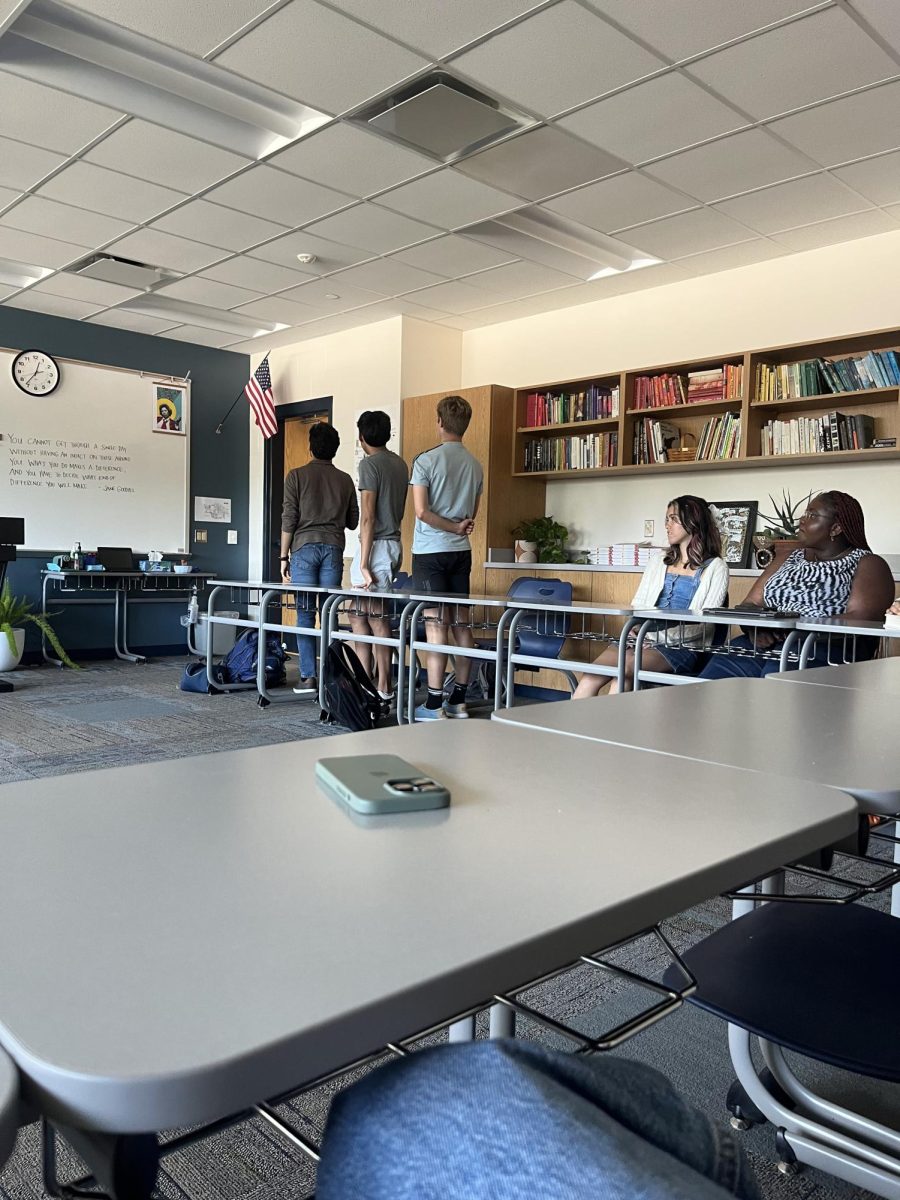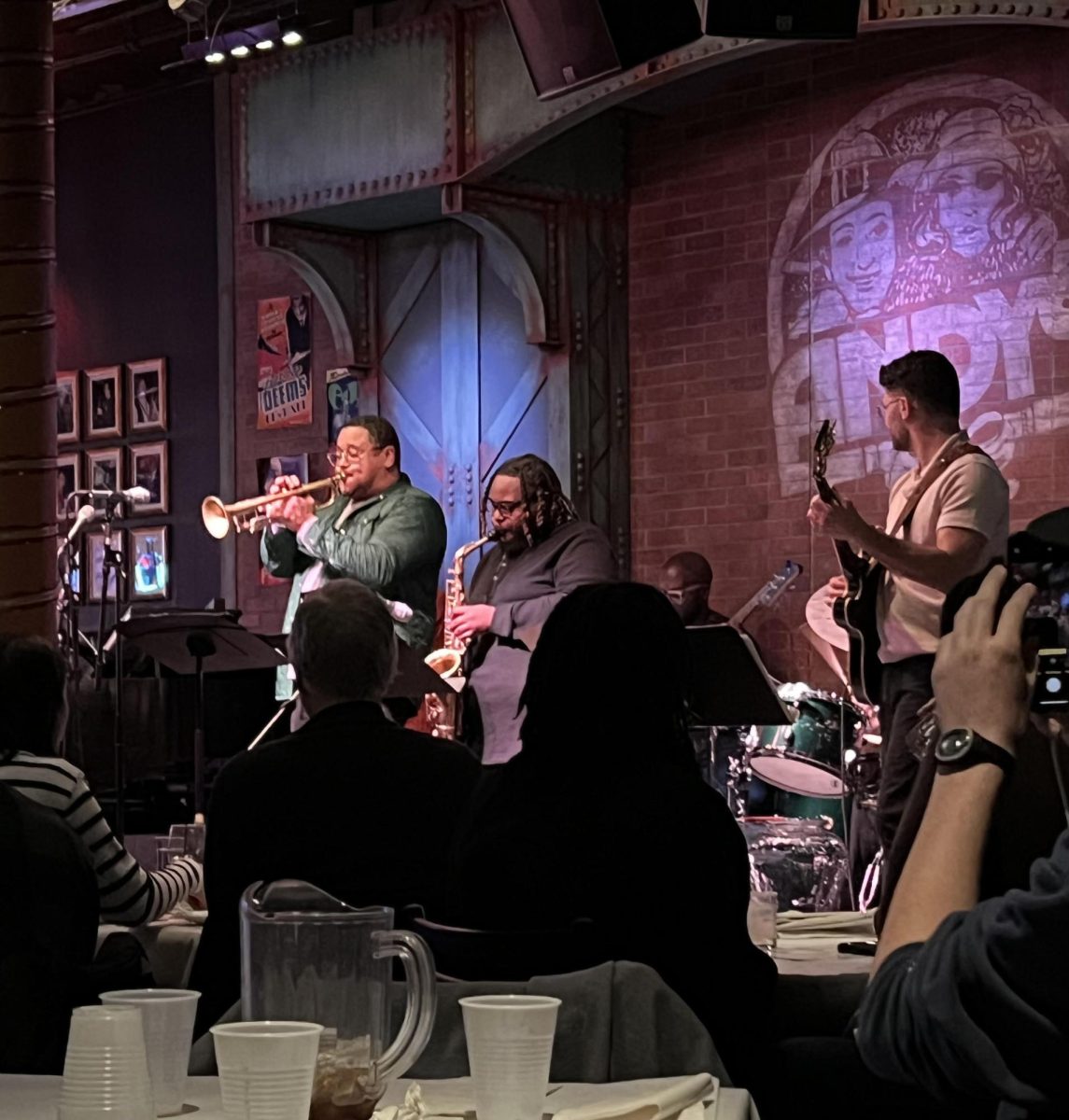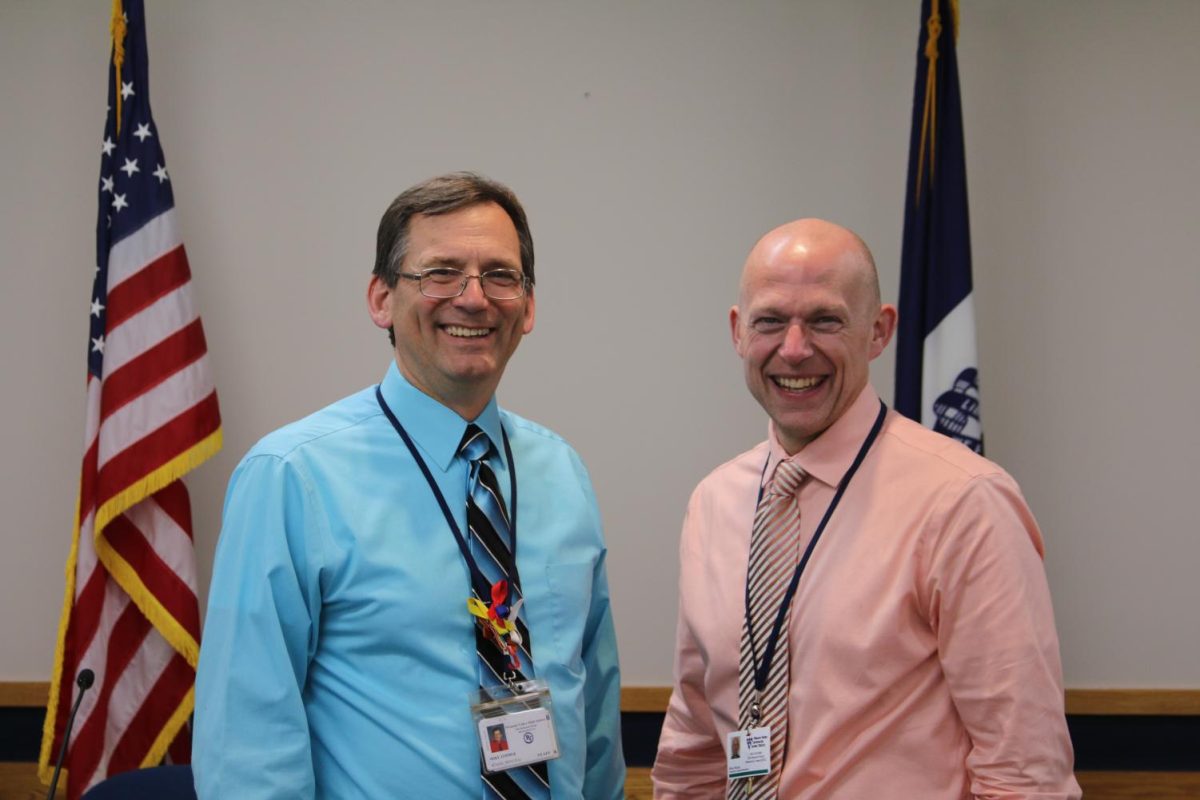On April 18, 2018, protests began in Nicaragua in response to President Daniel Ortega’s suggested social security reform policy. This policy would have raised taxes and decreased benefits. Its aim was to fix deficits with the INSS (National Institute for Social Security).
Peaceful protesters took to the streets, citing government corruption and mismanagement as the real reason for the new policy. Once reaching the capital of Managua, protesters were faced with violence by both police and pro-government forces. They were beaten and attacked with tear gas and rounds of live ammunition. In the following months, hundreds of protesters were killed in anti-protest efforts.
According to the BBC, Ortega claimed these attacks did not take place between police forces and peaceful protesters, but “at night when there were no peaceful demonstrations.” Additionally, he claimed that there have been “clashes provoked by paramilitary forces organised by people against the government.”
Though Ortega has called off his reform policy, the situation remains extremely volatile, and protesters continue to call for his removal. However, a recent drop in protest numbers was cited as being “[indicative of] the chilling effect of repression” by the recent UN report.
The UN report also noted the inability to safely practice freedom of expression. In one case, Carlos Pastora, the manager of Canal 10, received threats after speaking out against the recent violence. Gustavo Mohme, the president of the Inter American Press Association, believes Pastora “is framed in the repressive practice of the Ortega regime which threatens, persecutes, intimidates and defames independent journalists and media.”
Other journalists have made claims of being stopped at the border and told they may not cross due to alleged false charges.
Journalists are not the only ones finding themselves under scrutiny. Some civil rights defenders claim to face persecution or unlawful arrests. The Nicaraguan Association for Human Rights (ANPDH) has been forced to temporarily close its doors, citing rising threats against its workers and offices as its reason for the closure.
Alvaro Leiva, the secretary of the ANPDH, left the country due to mounting death threats in response to his work.
Though Nicaragua is no stranger to public demonstrations or harsh responses by its government, the recent UN report is definitely a cause for concern. The US government has even placed sanctions against individuals implicated in specific incidents of human rights violations. Still, as long as the tension between the Nicaraguan government and its people remains, the rift will continue to grow.












